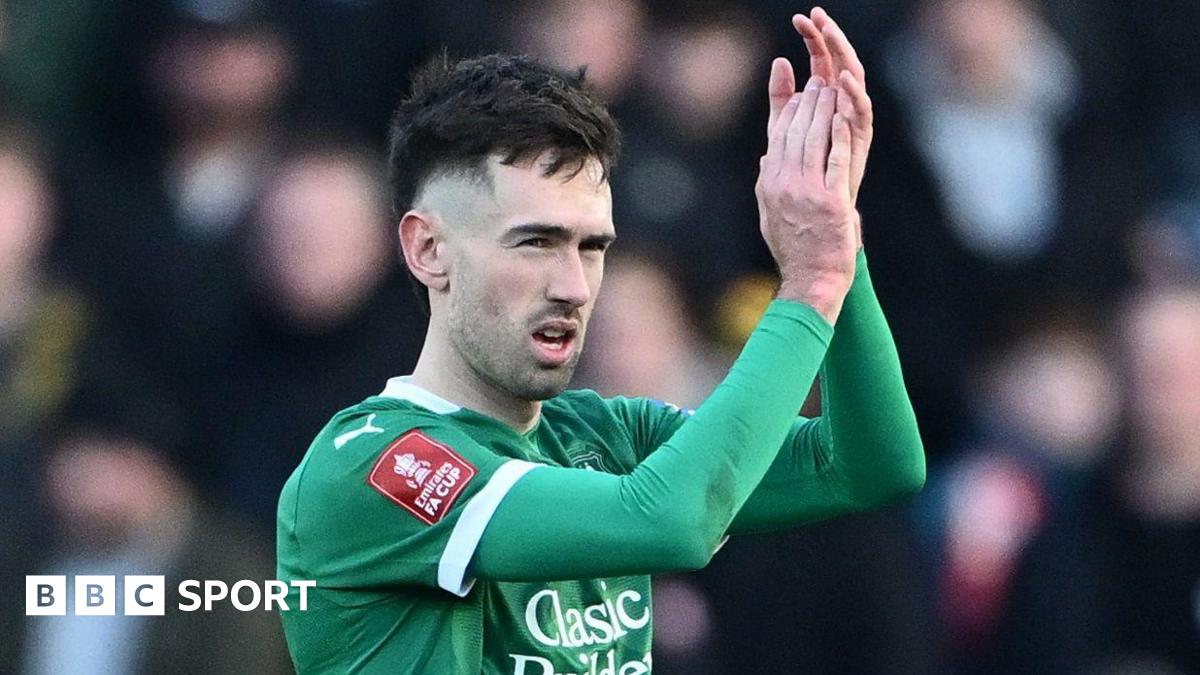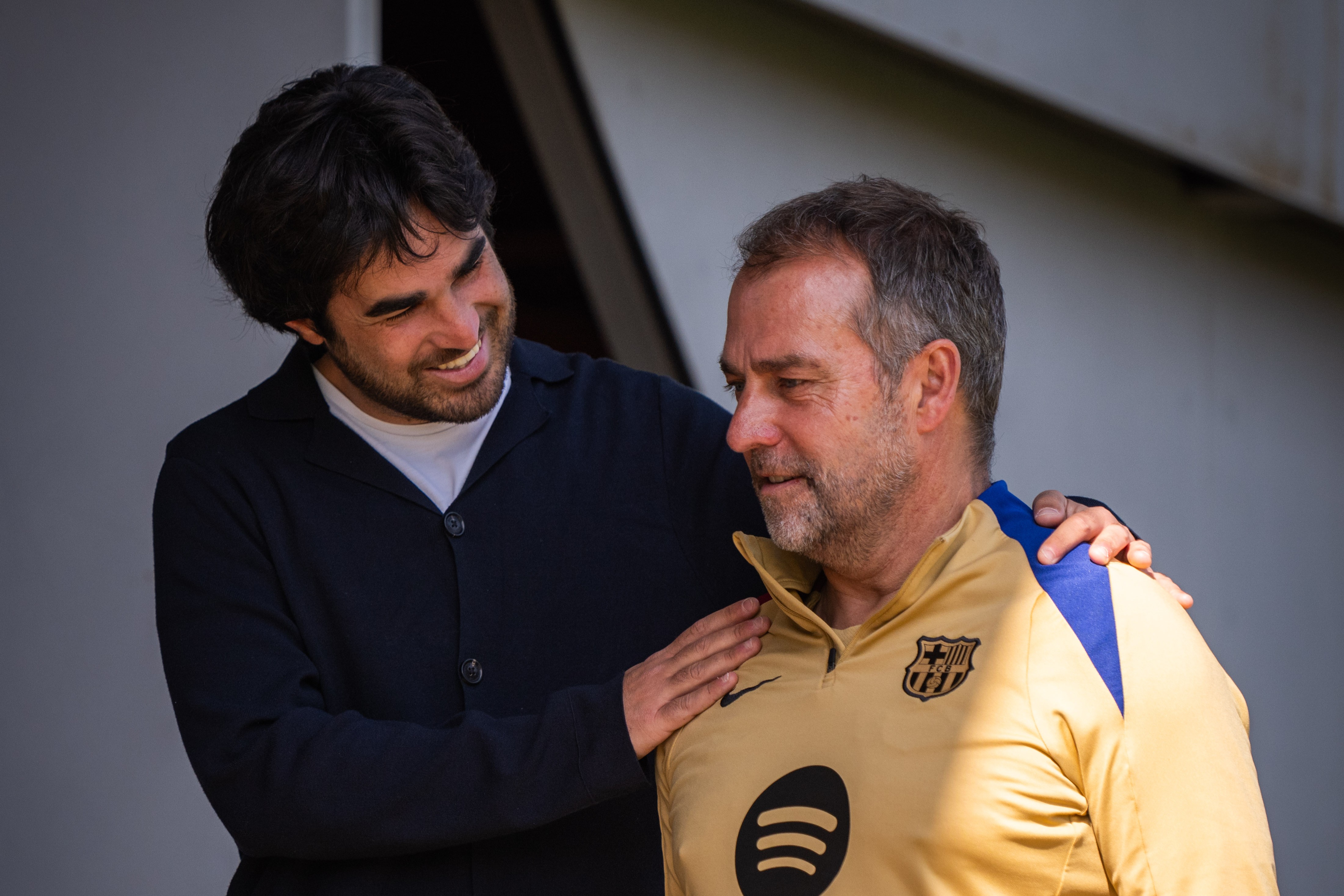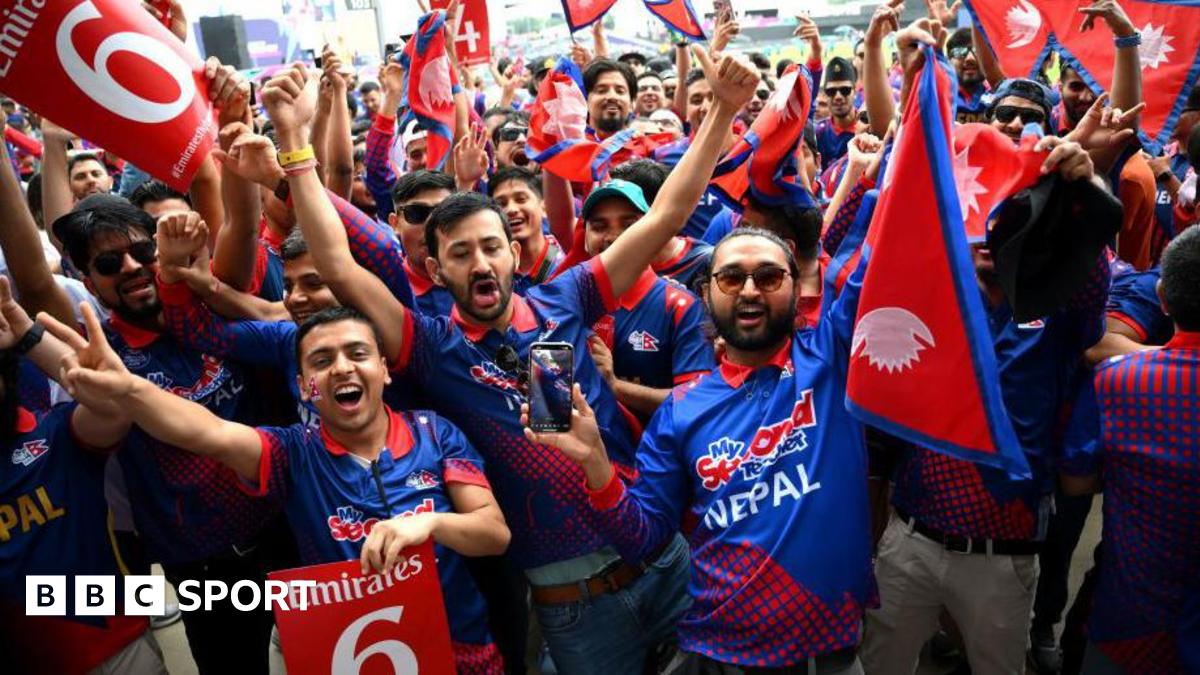Lousy game-management, too few scorers - what Mayo, Derry and the Rossies can teach the teams that remain
Mayo’s Aidan O’Shea at the final whistle after his side's exit from the championship at the hands of Donegal in Dr Hyde Park on Sunday. Photograph: James Crombie/InphoAs the football championship keeps on partying on, a thought for the first teams to be kicked out onto the street. The kicker for Roscommon, Mayo, Clare and Derry is that all four of them could feasibly still be alive.Clare were outclassed for most of the game against Louth on Sunday but they rattled off 1-3 on the bounce down the stretch to bring the gap back to two points. Had they nipped a late goal, they’d have eliminated the Leinster champions. But they couldn’t and they didn’t.And so, as the various Monday clubs get underway in parts of the west and north, what lessons could the four teams pass on to those who remain?Let’s take them in reverse order of their exit.READ MOREMayoOh, Mayo. How many teams in Monday’s draw were delighted that Mayo weren’t in it? Three, in the immediate term – neither Dublin, Kerry or Down wanted to see them coming for a visit next weekend. But on a broader level, there isn’t one of the remaining dozen who aren’t delighted to see them and Derry gone. Both are eminently beatable – and have proved themselves assiduously in that particular realm – but it’s not a fun day out.Lessonwise, their game management is an object lesson in how not to do it. From the closing minutes of the Connacht final, right down to the dying seconds against Donegal on Sunday, Mayo have time and again shown a lack of composure when it mattered most. Fergal Boland’s equaliser was fantastic, the sort of sugar-rush score that has sustained Mayo forever. But it was the wrong option.There’s a big old clock behind the goal in Dr Hyde Park – one look at it would have told Mayo that all they needed was one more pass and they’d have ensured that the next time the ball went dead, the game was over. It’s hard to turn down the shot when you have the chance but that’s what the sport is now.Be wise. Be conscious of the game situation. Do not give the other crowd a chance, however slim, to catch you with an uppercut. None of the contenders would. That’s why they’re contenders.Louth's Dara McDonnell competes in the air with Keenan Sexton and Mark McInerney of Clare. Photograph: Ben Brady/InphoClarePeter Keane was getting pretty exercised afterwards about the plans to seed the Munster championship according to league standing but it’s hard to agree with him really. The presence of the provincial runners-up in the Sam Maguire is a reasonable enough way to do things, up until a team makes it there by winning one game against a Division Four county. In the years when Clare are good enough to be Cork – as was the case as recently as 2023 – they’ll be in the Munster final. In the years they aren’t they won’t.As for what lessons they can leave for those left behind, stemming the flow of two-pointers is probably key, even if it’s a tad obvious. Clare conceded 12 two-pointers in three games, seven of them from play. As a result, they frequently found themselves on the receiving end of scoring barrages – they lost halves by eight (Louth), 12 (Down) and 16 (Monaghan). No future in that.Dublin’s Peadar Ó Cofaigh Byrne and Derry’s Conor Glass compete in the air at Pairc Esler. Photograph: Evan Logan/InphoDerryPaddy Tally was quick – maybe a little too quick – to zero in on the reason behind Derry’s exit. “Conditioning,” he said, essentially laying the blame on their winless year on the fact that he was appointed late. Which is all fine and well, except it makes a rod for his own back next year. Let’s see what he says this time 12 months.Unquestionably, Derry are leaving the championship in the best shape they’ve been all year. They gave both Dublin and Galway their fill of it in the last two games and it wouldn’t have taken much to get a result either time. That’s the key lesson for everyone else though – Derry have spent far too long finding ways not to win games.Whether it was Kerry at home in the league, Galway at home in the championship or Dublin in Newry, Derry were close without being clinical. The late goal chance for Brendan Rogers on Saturday wasn’t easy but it had to be scored. The loss of Odhran Lynch was a killer – Derry never had a settled kickout routine because they were changing their goalkeeper so often. Conor McCluskey’s brief cameo showed what they’d been missing, again through injury.Injuries happen. Derry had a glut of crucial ones and still almost made it through. The takeaway for everyone else is that you can overcome. But you must take your chances.Roscommon's Eddie Nolan tackles Paul Walsh of Cork. Photograph: Leah Scholes/InphoRoscommonOne win in three-and-a-half months is an obvious starting point. Davy Burke tried to make a defence of his team’s season by saying that everyone forgot they got promoted to Division One but there’s a good reason for that – other than London, the Rossies didn’t win a game after March 1st. It’s all very well making reference to all their handy forwards but if they’re not winning games, what are they for?Especially when the glaring problem for Roscommon was scoring. Yes, they have the Murtaghs, the Smiths, Daire Cregg, Ben O’Carroll and the rest – but they were only averaging 14 scores a game. They put up scorelines of 0-17 against Kerry (with three two-pointers), 2-15 against Meath (five two-pointers) and 0-17 against Cork (zero two-pointers).We know the new rules can be a bit of a wild west and not every game has to make the scoreboard whizz like a casino game. But you’re not going to get anywhere in the coming six weeks putting up 14 scores a game. Can’t be done.One for Cavan (14 scores per game in the group stage), Cork (15) and Louth (15) to keep an eye on ahead of their various trips this weekend.













